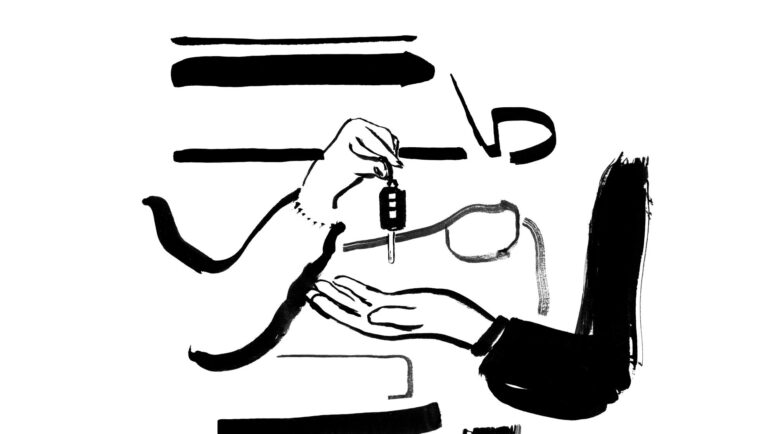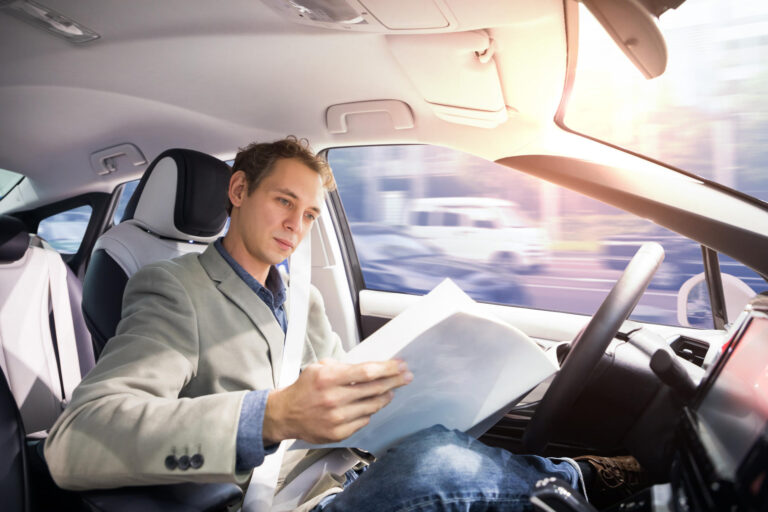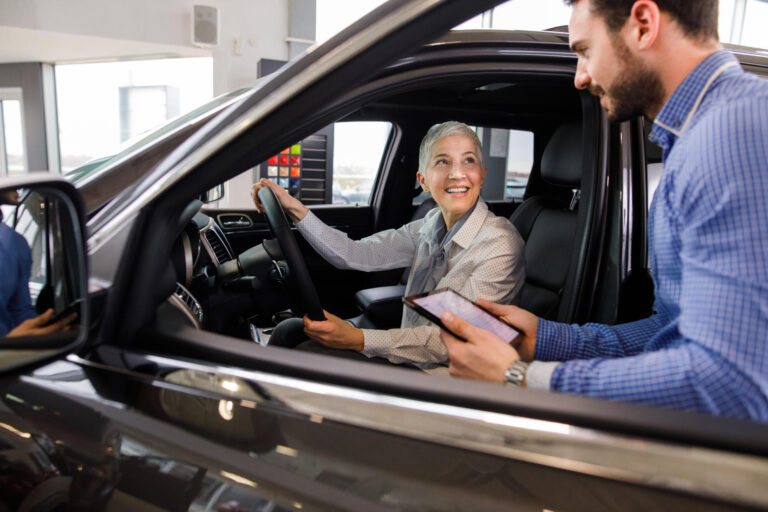Types of import, customs costs and differences in equipment and warranties. If you want to buy a directly imported or parallel imported car, you should be aware of the opportunities, risks and certain terms.
The different import types
There are basically three ways to import a car into Switzerland. One option: The car is brought into the country via a Swiss general importer and is then considered an officially imported “Swiss vehicle”. The alternatives are either to import the car yourself as a private individual or via a commercial importer/dealer who is not an official brand importer.
However, if you buy your vehicle abroad and import it into Switzerland via direct import or parallel import, you will incur additional customs costs: automobile tax (4% of the vehicle value), Swiss VAT (8% of the vehicle value incl. automobile tax/customs costs), a tax based on weight (CHF 12-15 per 100 kilograms gross) and, in the case of new cars, a CO2 tax (emissions of more than 130 grams of CO2 per kilometer). However, a tax by weight only applies if the EUR.1 form – an internationally standardized certificate of origin or movement certificate – is missing. This list from the Federal Customs Administration shows where and in which countries such a certificate can be certified. Further information can also be found in the leaflet “With vehicles through Swiss customs” (PDF download) from the Federal Customs Administration.
In addition to the customs costs – especially for imports from overseas – there are also transportation and shipping costs. These amount to around CHF 3,000 to 5,000 for a car from the USA, for example. The VAT paid abroad can be reclaimed from the exporter on presentation of the corresponding export certificate (practically impossible in the USA).
Warranty obligation
Important: Warranty and guarantee are not the same thing. The warranty is regulated by law and is binding for vehicle dealers, the guarantee is voluntary and depends on the manufacturer for new cars.
Warranty: The warranty is the seller’s obligation to ensure that the buyer does not receive defective products.
If Swiss law applies, i.e. if the vehicle is purchased from a Swiss importer in Switzerland, but not if it is purchased abroad and then imported by the customer, the provisions of the Swiss Code of Obligations (Art. 197 – 210 CO) apply. The warranty obligation can be waived or limited by agreement. However, such an agreement is invalid if the seller has fraudulently concealed the defects from the buyer (Art. 199 CO), and the seller is liable to the buyer for 24 months after delivery of the goods sold for warranties given and the absence of defects.
Guarantee: A certain service is guaranteed, regardless of whether this service is owed or not. The guarantee is not regulated by law. The duration and scope of the guarantee may vary. In this case, the customer has a voluntary commitment from the seller or manufacturer to provide a specific service (usually through full or partial repairs free of charge) within an agreed period or up to a certain number of kilometers driven.
Reclaiming value added tax paid
VAT paid abroad can be reclaimed from the exporter on presentation of the corresponding export certificate (only possible to a limited extent in the USA).
Resale values
Resale should also be considered when making a purchase decision. Imported vehicles with type certificate X, or the suffix X in the vehicle registration document, were not imported by the general importer. The value development cannot be generalized – possible reasons for differences in prices can be the equipment or the warranty services.
The purchase of officially imported vehicles
Transport and customs costs as well as CO2 tax are already included in the final price of an officially imported car. In addition, caution is advised when comparing list prices; almost all Swiss dealers offer either discounts (“Euro bonus”), premiums (e.g. when trading in an older car) or special leasing offers.
When comparing prices, you should also check whether the equipment is identical. Cars in Switzerland tend to be better equipped than those abroad.




